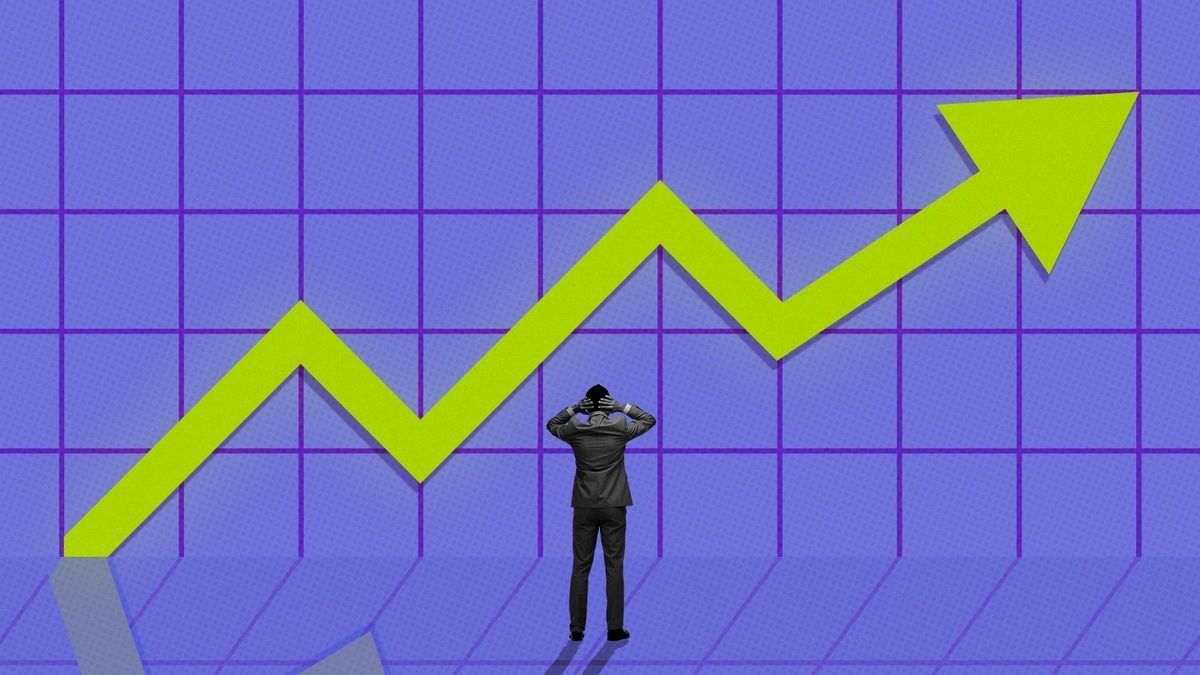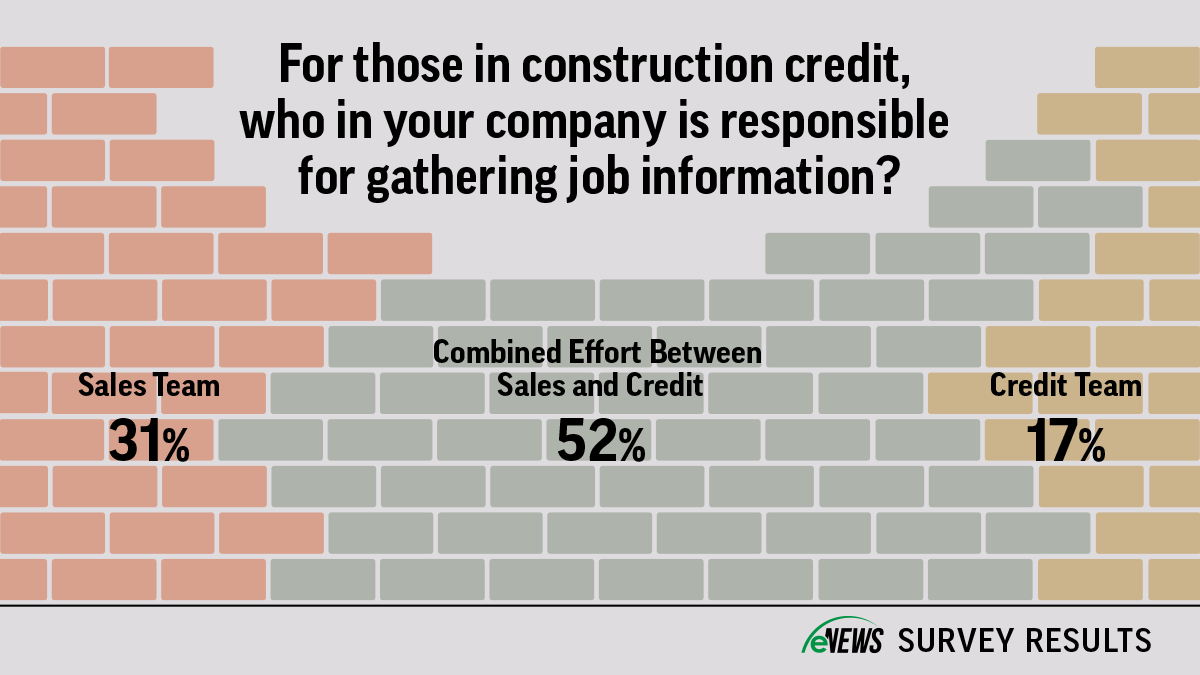Credit Managers’ Index (CMI), Economy, eNews
Seeing the big picture by tracking economic trends

Metrics are a key part of how credit managers track their company’s performance, from how many customers are paying late to the number of new credit applications. There is a lot of internal data to consider when working in credit, but how often do credit professionals look outside their own metrics?
Why it matters: When credit managers focus only on their own performance metrics, they risk missing larger trends in the economy until those trends start to impact their company. By reading economic forecasts, metrics surveys and the news, credit managers can maintain a strong awareness of where the economy is and how each corner of the market is performing, preventing them from developing tunnel vision based on internal metrics.
“It’s pretty easy to develop a bias, because you get siloed into what your company does and you’re not paying attention to the larger picture,” said D’Ann Johnson, CCE, corporate credit and contracts manager at A-Core Concrete Cutting (Salt Lake City, UT). “If you’re not paying attention, you could be ignoring things like supply chain issues because you might think it doesn’t affect your business, but it does.”
Depending on your field, you may feel the ripple effects of larger economic events sooner or later. By paying close attention to the economy, you can best anticipate and prepare for economic slowdowns. “Everything you do affects others, and everything others do affects you,” Johnson said. “We are truly a global economy; we are attached to one another. What happens in this country, what happens in Canada and what happens overseas, directly affects our markets in various ways. If we don’t look at the data, we won’t understand and we won’t see how it could impact our ability to continue to do business.”
By participating in metrics surveys and engaging with the credit community outside of your company through industry credit groups, credit professionals can better understand trends, whether they mirror your own metrics or differ.
“Our best practice is to look at all the data and information available to us to make sure we have every tool in our toolbox ready to go,” Johnson said. “Make sure you know what’s happening in the economy, in the industry and the areas in which you’re operating—the city, the state, the country. Make sure you know everything that could possibly affect or influence your company’s business.”
Building a strong, well-rounded awareness of where the economy is at any moment, locally, nationally or internationally, is no small feat. “Information is coming from so many different sources,” said Harry McLaughlin, CCE, CICP, credit operations manager for Continental Tire the Americas (Fort Mill, SC). “If you’ve got a big enough team, you can delegate who’s responsible for what data sources. Over time, you need to develop a sense of which sources are reliable and how much they should impact your credit decisions.”
One incredible resource available to credit managers is the Credit Managers’ Index (CMI), which surveys credit managers on trends within their receivables to build a leading economic indicator. By participating in the CMI survey and looking to the reports each month, credit managers can understand their company’s metrics with regard to how their industry peers are performing.
“Looking at the CMI can help you see if your company’s decline in dollar sales is specific to you or part of a broader economic trend that you are caught in the wave of—because there’s a big difference,” said NACM Economist Amy Crews Cutts, Ph.D., CBE. “If you’re caught in the wave of an economic downturn, then it’s not really a competitive issue. If you’re shrinking and everybody else is saying things are fine, then the question becomes, is there something in the way you’re managing your operations that you might want to look deeper into.”
The bottom line: Regularly consulting news sources, metrics surveys and economic indexes that offer a wider, more finely tuned look at the economy can help you anticipate economic troubles before they arise in your own numbers. As a credit professional, building a strong, well-rounded understanding of larger economic trends will grant you more time to prepare your company for struggles down the line.





